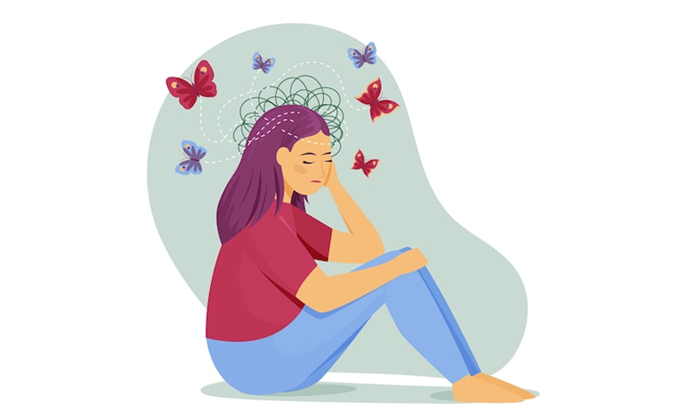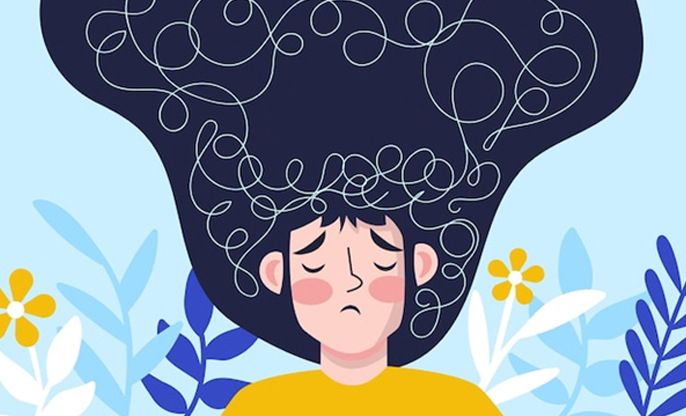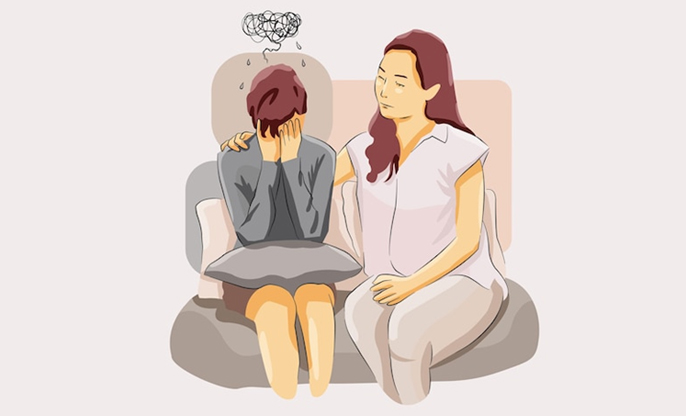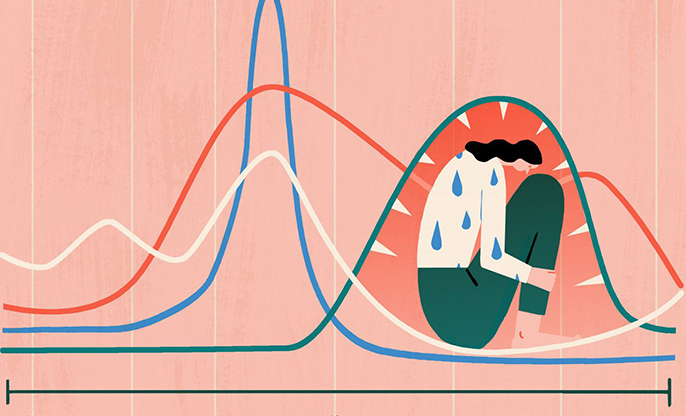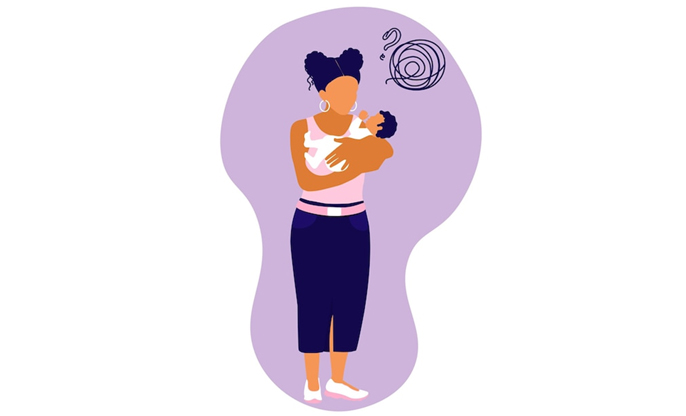
A Multifaceted View
Our mental health is a tapestry woven with threads from every aspect of our lives, colors both dark and bright. As women, this tapestry is deeply influenced by the biological rhythms of our bodies, the pivotal life events we face, the support systems we cherish, and the mental health battles we may have fought in the past. Each thread plays a crucial role in shaping how we experience the world and ourselves.
Biological
Rhythms
For us, hormones like estrogen and progesterone do more than just guide our reproductive cycles; they sway our emotions and affect our mental well-being. These hormones ebb and flow through our lives, dipping during times like menopause, and sometimes, they drag our spirits down with them. As our hormonal landscape shifts, it can bring on waves of depression or anxiety, making it feel like we’re losing our footing just when we need it most.
Life's Turning
Points
Our midlife is often marked by transformative events - children growing up and moving out, careers winding down, or relationships evolving. Each change, while a natural part of life, demands that we adapt, and this adaptation can be both challenging and stressful. Whether it’s navigating a divorce, mourning a loss, or stepping into retirement, these life events can strain our mental health. They test our resilience and sometimes leave us feeling adrift, searching for new meaning and purpose.
The Power of
Connection
In times of stress, the strength of our social bonds can be our greatest asset or our missing shield. Support from friends and family isn’t just comforting; it’s a buffer against the storms of life. These connections give us a place to turn when we’re overwhelmed and remind us that we’re not alone. On the flip side, feeling isolated or unsupported can intensify our struggles, making it harder to find our way through tough times.
Echoes of the
Past
Our mental health history is like a shadow that accompanies us. For those of us who’ve battled with depression or anxiety before, the old patterns can reemerge, particularly when life throws us curve balls or when our hormonal balance shifts. Being aware of these patterns helps us brace ourselves for potential challenges ahead, arming us with strategies that have guided us through before.
Each of these aspects intertwines to affect our mental health uniquely. By acknowledging and understanding these influences, we can better prepare for and navigate the fluctuations in our mental well-being. We can advocate for ourselves, seek help when needed, and extend a hand to others who might be on a similar journey. Our mental health is a part of us, but it does not define us; by navigating it with awareness and support, we can lead fuller, richer lives.

